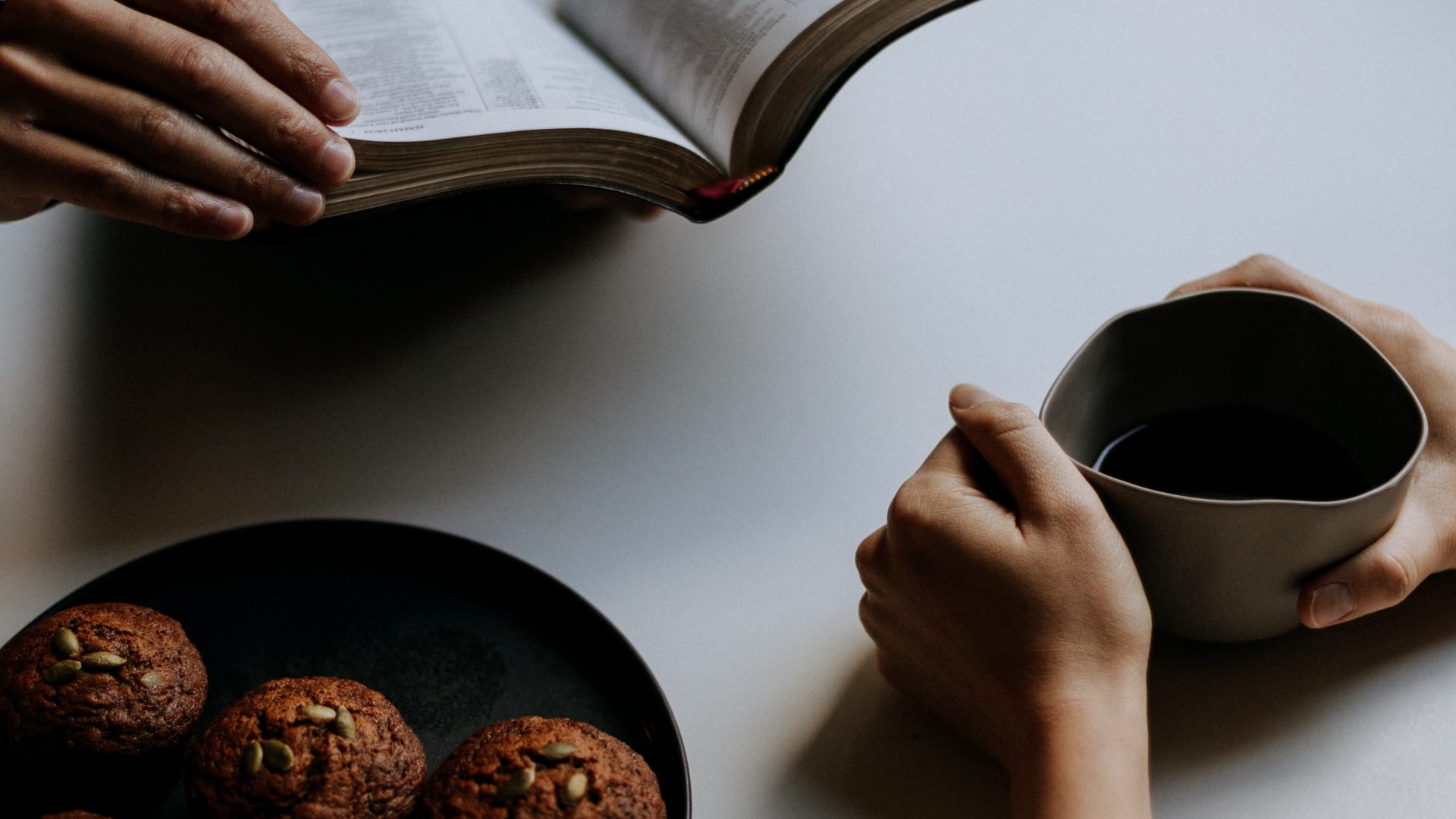Growing up in a multi-faith family, I’ve always been exposed to conversations about different belief systems and the way they intersect, generally fostering a deep sense of appreciation and respect for all of these individual truths. I myself love conversing with people of different faiths as I believe it is an opportunity to expand my own scope and learn from others. As such, I was very interested in attending a session of the “Reading Scripture in Community” events that the Multi-Faith Center hosts every Thursday from 4:30 to 6:00PM this semester.
Although the sessions focus on Abrahamic texts specifically, persons of all faiths or even no faith are welcomed and encouraged to participate. The practice emphasizes understanding, rather than simply agreement, and the session was opened with an assertion that this is a safe space to share your individual thoughts and opinions without fear of judgement or reproach.
The main topic of discussion for this session was the relation between the Bible and food/eating. This was really interesting for me because even though I grew up familiar with and have engaged a lot with Abrahamic texts, I’ve never actually considered that religion and its relationship to food could create such interesting dialogues and that food has such a central role in various traditions and religions.
We began by each sharing our own ideas about the relationship between food and religion which was a great way to bring everyone together and really open up conversations about the topic. Some of the thoughts that people shared were considering the difference between feasting and fasting as concepts in religious traditions, reflecting that there are seasons for everything in life and the way food, and more-so abstaining from food, is part of the exercise of religious discipline. Another main idea that people considered in terms of the relationship between food and religion is the idea of food as part of religious ceremony and community through practices such as communion.
The main passage that we considered together during the session was Matthew 22: 1-4, which focused on the social institution of dining in the Bible. We did a communal reading of the passage, each reading one verse at a time and I found that this was a really great way to engage the text and actively connect with the words. Everyone was invited to share their interpretations or even just one thing that struck them. One of the main ideas that people shared, that was really interesting for me, was the concept of dining as reflective of having choice and being chosen. Who decides who gets a seat at the table? And so, do you choose to engage with God’s Laws or are you chosen? Sharing and listening to everyone’s interpretations and thoughts really highlighted for me how rich these texts are, how much there is to be found and engaged with in these words and really how effective reading and discussing the scripture in community can be to gain a deeper and even a totally new perspective of the verses.
Attending “Reading Scripture in Community” was such a fun and engaging experience. I really enjoyed being able to discuss the texts in a group setting and I feel like I’ve gained a lot of interesting insights about something that I’ve never really considered before like the relevance of food and eating to religious texts and traditions. This is a truly great space and I would highly recommend it to anyone looking to voice their ideas and broaden their own scope. I definitely hope to attend another session in the near future!

0 comments on “Fasting vs. Feasting: The Relationship Between Food and Religion”